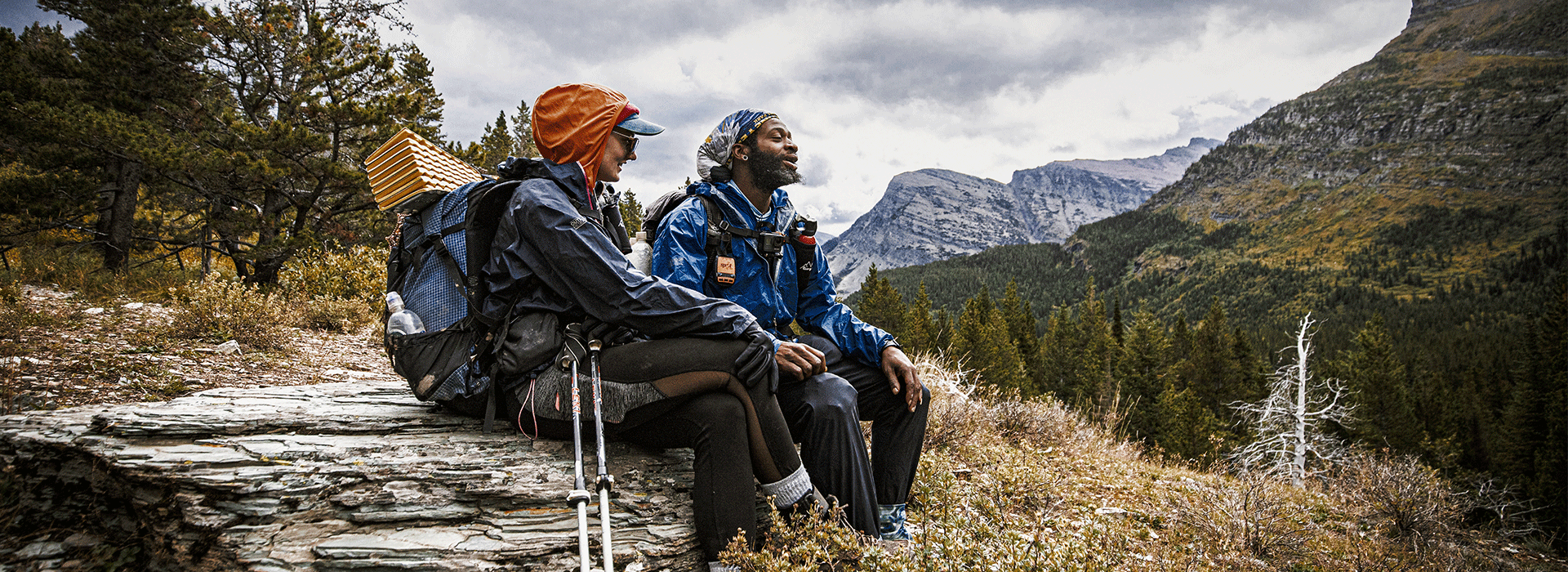Greater Accountability
By James Edward Mills

On May 11, Collin O’Mara, executive director of the National Wildlife Federation, made a statement following the death of Ahmaud Arbery, a Black man killed while on a run by two white men.“We will not rest until all Americans can safely enjoy the outdoors without fear of violence”, wrote “None of our work to secure cleaner air and water matters when Black men and women are dying in the streets.”
Over the past weeks as protests have continued to sweep the nation, numerous outdoor industry companies and environmental nonprofit organizations have also made definitive statements to denounce racism in light of the deaths of Arbery; 26-year-old Breonna Taylor, who was shot by police in Louisville, Kentucky; George Floyd who died as the result of Minneapolis police officer kneeling on his neck; and countless other Black men and women whose names we may never know who have been the victims of systemic racism and violence.
Many in the outdoor space have begun to understand that racism and the violence that inevitably follows is the direct result of people being made to feel that they do not belong. If a Black man could be hunted down and murdered while jogging down a public street through his own neighborhood in broad daylight, how much more vulnerable might he be while hiking along a backcountry trail?
“We know these events are not isolated and are part of a long history of systemic racism and injustice in our country and in the outdoors,” says Lise Aangeenbrug, executive director of the Outdoor Industry Association. “People thriving outside is a core value for our industry and we know that racism, funding, and policies have often prevented equitable access and enjoyment of the outdoors.”
Those on the margins of our society have always been vulnerable, even targeted for neglect or abuse. Outdoor industry organizations are starting to realize that their indifference to the plight of those with limited resources or influence is putting their safety at risk.
“People want to feel like their voices are being heard and right now only a select few are. That’s not enough,” says Teresa Baker founder of the Outdoor CEO Diversity Pledge. “The time is now for the outdoor industry to do away with the current way of doing business, because it is only working for the insiders, those of us on the outside, who keep this industry afloat, need greater accountability from those with the big titles.”
Industry insiders are starting to get it. They must be more than merely “not racist”. They must be “anti-racist” and commit themselves to the creation of practices that help to mitigate systems of oppression put deliberately in place to sow uncertainty, fear and intimidation.
“We’re working on a long-term plan to positively impact the outdoor industry and will work with and fund those advocating for systemic change and racial justice for the Black community”, says Chris Hufnagal, global brand president of Merrell Footwear. “We’ll hold ourselves accountable and we must band together as an industry for change to happen.
The public lands and open spaces where so many of us work and play must be made free and open for everyone to enjoy. Though outdoor industry companies, senior executives, managers and staff have not explicitly contributed to the creation of an environment that can be openly hostile to Black people, they can work proactively to build a better system that is equitable and responsive to the needs of those too often targeted for racially motivated violence.
“The very visible fact that our country has allowed this deeply ingrained racial injustice to persist demands that now—not tomorrow—we take personal action to reverse this intolerable collective consciousness,” said Danica Carey director of marketing operations at Serius Innovation Accessories. “We, as an encouraging community of outdoorists, must consciously choose to make a difference.”